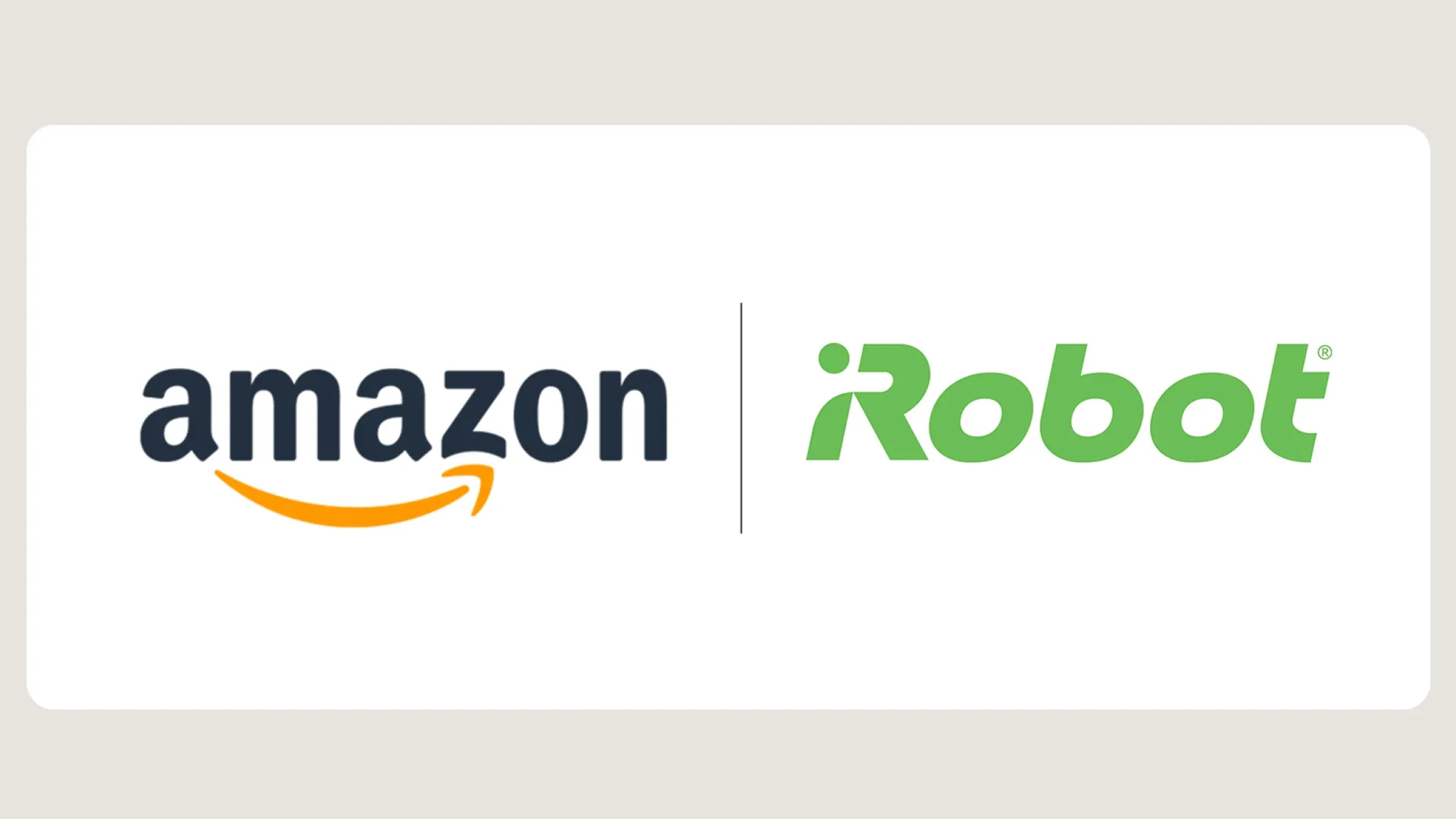European Union antitrust regulators have said that Amazon’s proposed $1.4 billion purchase of automated vacuum cleaner manufacturer iRobot could negatively impact competition.
The European Commission said that the deal, which was initially announced in August 2022, could lead Amazon to squeeze rival manufacturers out of its online marketplace.
Amazon has previously faced scrutiny for restricting the sale of products which rival its own devices such as streaming devices and smart speakers made by the likes of Google and Apple. Big Tech firms are also facing increased regulatory scrutiny over their acquisitions, with Microsoft and Broadcom both struggling to get approval for their multi-billion dollar takeovers of Activision Blizzard and VMware respectively.
This deal in particular has stoked fears around the troves of data Amazon would gain access to, with iRobot devices mapping out a user’s home. Critics have feared that this data could be utilised by Amazon to further boost its market dominance or help it expand into other markets.
In a statement, the European Commission noted: "Amazon may have the ability and the incentive to foreclose iRobot's rivals by engaging in several foreclosing strategies aimed at preventing rivals from selling RVCs on Amazon's online marketplace and/or at degrading their access to it.”
In response, a spokesperson for Amazon said that the company is working with the Commission to address the concerns, stating: "iRobot, which faces intense competition from other vacuum cleaner suppliers, offers practical and inventive products. We believe Amazon can offer a company like iRobot the resources to accelerate innovation and invest in critical features while lowering prices for consumers.”
The European Commission has set a deadline for a decision on whether to approve the deal for 14 February 2024, with Amazon able to request a closed door hearing to argue its case.
Latest News
-
Government launches trial GOV.UK app
-
Lyten acquires largest energy storage facility in Europe
-
John Lewis launches offsite ad capabilities on retail media network
-
NHS plans AI-powered warning system to identify safety issues
-
China's Ant Group pours $3.26bn into R&D in 2024
-
Walmart boosts digital integration with partnership renewal
Bringing Teams to the table – Adding value by integrating Microsoft Teams with business applications
A decade ago, the idea of digital collaboration started and ended with sending documents over email. Some organisations would have portals for sharing content or simplistic IM apps, but the ways that we communicated online were still largely primitive.
Automating CX: How are businesses using AI to meet customer expectations?
Virtual agents are set to supplant the traditional chatbot and their use cases are evolving at pace, with many organisations deploying new AI technologies to meet rising customer demand for self-service and real-time interactions.
© 2019 Perspective Publishing Privacy & Cookies











Recent Stories